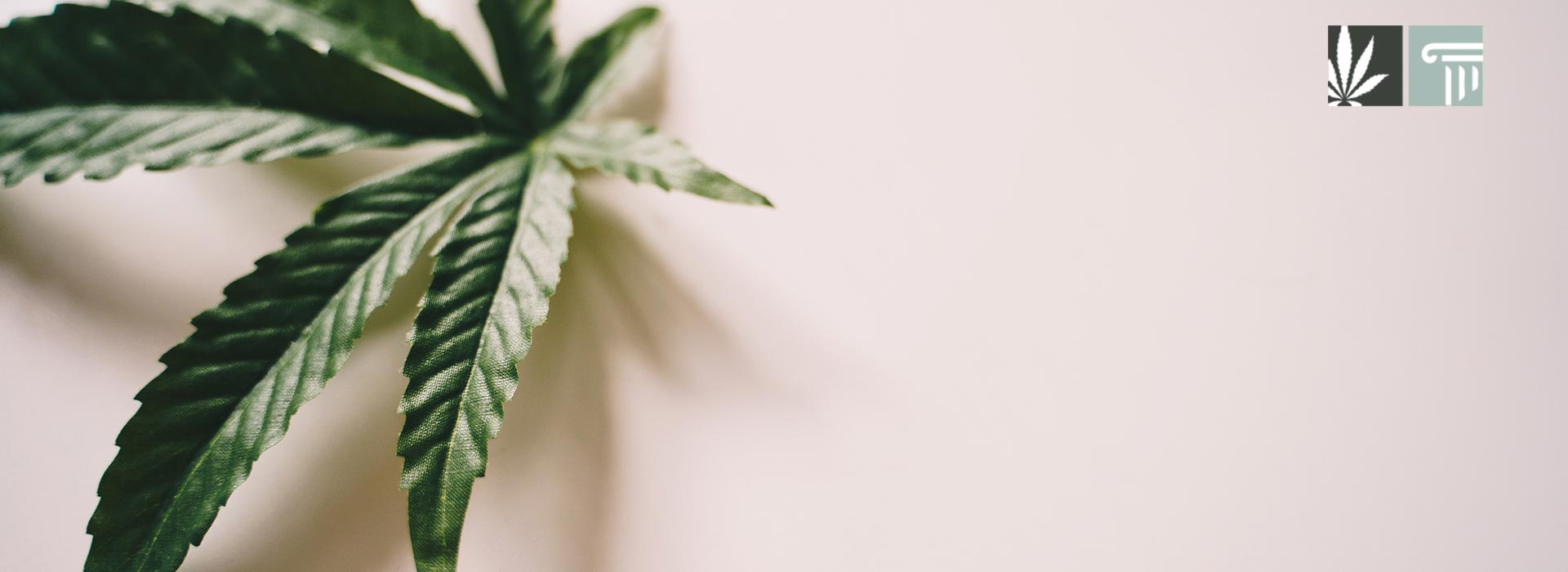Marijuana reform advocates in South Dakota have been given the green light by the secretary of state to petition for a marijuana legalization proposal on the state’s 2022 ballot.
The move comes while advocates await the state Supreme Court’s ruling on the constitutionality of a voter-approved marijuana legalization measure from the 2020 ballot. After receiving a majority of votes, the outcome was subject to a legal challenge with the financial support of Gov. Kristi Noem’s administration.
Matthew Schweich, campaign director for South Dakotans for Better Marijuana Laws (SDBML), is hopeful the court will rule in favor of last year’s successful ballot measure – Amendment A – but considers it important to launch a new petition drive should the 2020 vote be overturned.
“[T]he November 8 deadline for 2022 ballot qualification is quickly approaching, and we have no choice but to launch a signature drive,” Schweich said. “In the coming days, we will be distributing petitions to volunteers all across the state and announcing signing locations where voters can easily sign our petitions.”
The case against the constitutionality of Amendment A rests on it breaching the state’s single subject rule for such proposals. In order to best “withstand any future legal challenges” SDBML is putting forward the shortest proposed initiative of four that were under consideration.
If the proposal makes it onto next year’s ballot and is approved by voters, it would legalize possession of up to one ounce of marijuana for adults 21 and older. Cultivation of up to three plants for personal use with a cap of six plants per household would be permitted if the individual lives in a jurisdiction without a licensed cannabis retailer.
The Department of Revenue would be charged with developing and implementing the rules and regulations of the legal cannabis industry, including issuing business licenses. It would have until July 1, 2023 to finalize these rules. The measure loosely states the regulator must issue enough licenses to counter the illicit market but with limits to ensure the market doesn’t become too crowded.
Marijuana sales would face a 15 percent excise tax, with these revenues initially used to cover the costs of implementing the legal marijuana market. After that, half of the revenues would go toward funding public schools, and the other half would be allocated to South Dakota’s general fund.
Local districts and towns would be able to opt out of permitting marijuana businesses in their jurisdiction, while public consumption would remain prohibited and subject to a civil fine.
The proposed measure also states that employers would not be allowed to sanction employees for out-of-work cannabis use.
SDBML only has until November 8 to submit the 16,961 valid signatures from registered voters in order to qualify the initiative for the ballot. As such, the group has been actively seeking volunteers to help with the signature-gathering process.
“As you probably know, Amendment A is stuck in court. We’re still waiting for the South Dakota Supreme Court to issue a ruling and we don’t know when that will occur,” SDBML said in an email to its supporters. “While we wait, the November 8th deadline to submit petitions and qualify a second cannabis legalization initiative for the 2022 ballot (which will be necessary if Amendment A loses in court) is quickly approaching. We have no choice but to launch another signature drive this month. We need to collect 17,000 signatures from South Dakota voters by early November.”
While the new effort is a fallback should Amendment A be overturned, marijuana reform advocates in multiple other states are also pursuing various cannabis reform proposals for next year’s ballot, including in Missouri, Oklahoma and Maryland.






